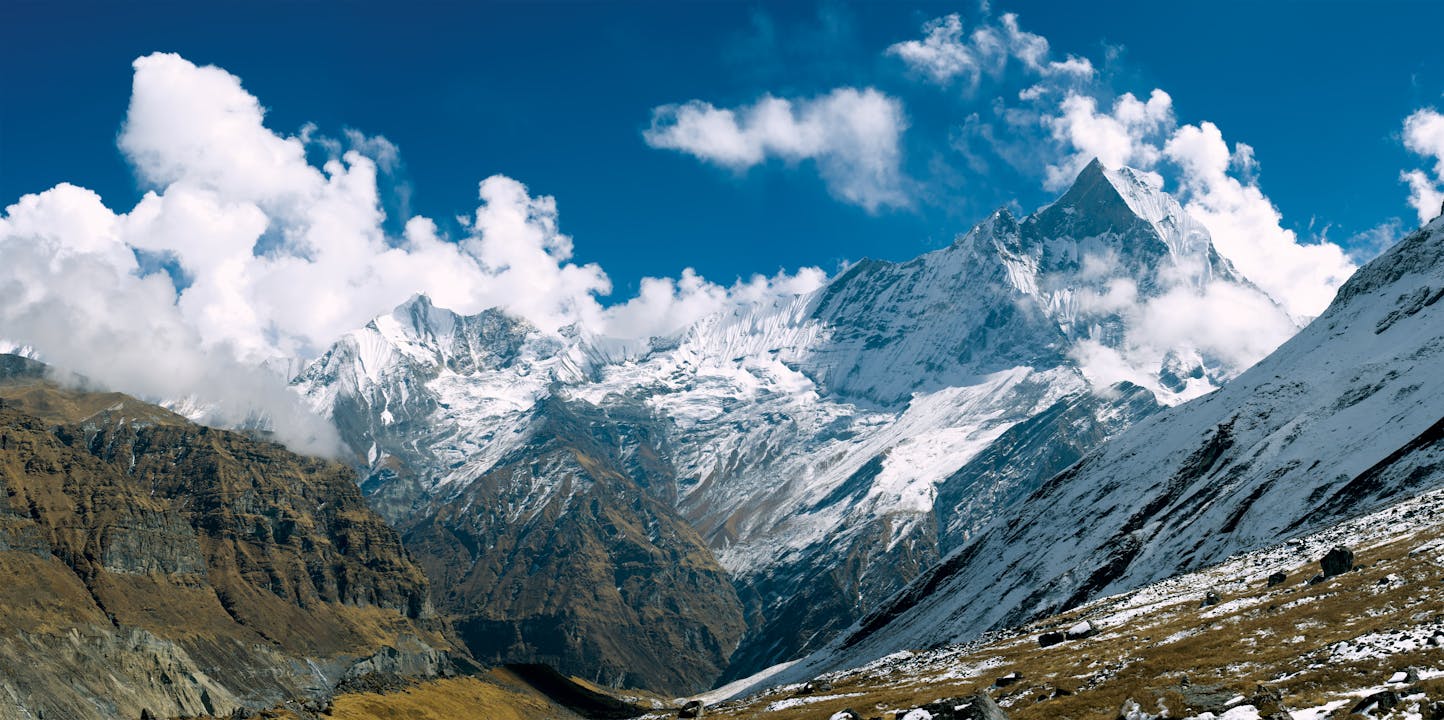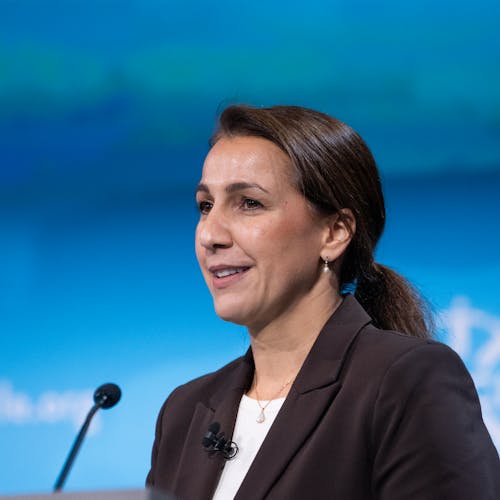As climate change unfolds, driving temperatures up, the Earth is fast approaching critical tipping points. Crossing these points threatens to irreversibly disrupt the natural systems that have kept the planet’s climate relatively stable for thousands of years.
One of the tipping points that experts believe could already be around the corner is the melting Arctic permafrost. The Arctic is warming at least three times faster than the rest of the world, causing the loss of glaciers and sea ice at an unprecedented rate. This exposes dark water directly to the sun’s heat, leading to more heating of the planet that causes more ice to melt. This vicious circle must be broken to keep the 1.5°C goal alive and avert worst-case climate change scenarios.
And because what happens in the Arctic does not stay in the Arctic, the impacts of ice loss are far-reaching and are dramatically affecting the millions of people who rely on water streams for their livelihoods, as well as disrupting global water security. If left unchecked, glacier melting will aggravate these challenges, in addition to triggering higher biodiversity loss and impeding economic growth.

